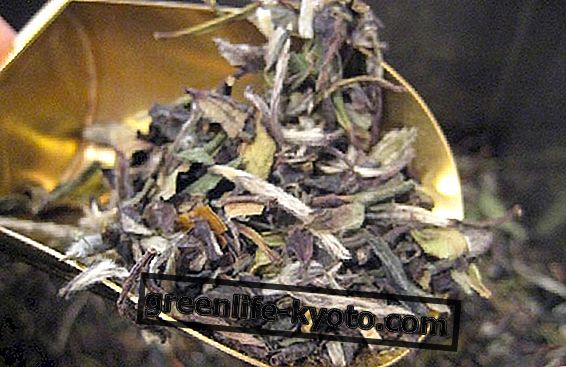
More than a quarter of Americans suffer from sleep disorders; in Italy at least 10% of the population is a victim of insomnia. Numbers that make us reflect on a growing phenomenon that can seriously compromise the quality of life by affecting our serenity, our performance at work, the management of our time.
We have not failed to provide our advice on how to deal with this unpleasant tenant by urging you not to overlook the negative effects caused by your long term stay .
Here we will accompany you in the exploration of a different conception of sleep and of the disorders related to it, very distant from the usual one: the point of view of ayurveda.
Tell me what sleep you have and I'll tell you who you are: the relationship between sleep and dosha
Ayurveda places great importance on sleep whose characteristics are closely linked to doshas. This statement is true from two points of view:
- EVERY DOSHA HAS A DIFFERENT QUALITY OF SLEEP:
- Vata: tends to sleep little and lightly. Particularly exposed to the frenzy of modern life, it is the dosha that is most easily visited by insomnia.
- Pitta: it needs a number of hours that is around 7 and has a greater resistance, compared to the other doshas, in doing the small hours.
- Kapha: his sleep is smooth, long and generally deep, even prolonged compared to the real needs of the individual.
Consequently,
- EVERY DOSHA HAS A DIFFERENT TYPE OF INSOMNIA
- Vata type insomnia : difficulty in falling asleep and light and agitated sleep . Tendency to wake up frequently without being able to go back to sleep as easily.
- Pitta type insomnia : it is characterized by the ability to stop the constant psychophysical work that characterizes this dosha, preventing it from giving itself the necessary rest.
- Kapha type insomnia : this dosha is the one that has a closer relationship with sleep, so much so that you even indulge excessively.
Are you air, fire or water / earth? Find out with the Ayurvedic test
The doshico clock
In the very brief description given, have you recognized the characteristics of your type of insomnia ? To these must be added another important discourse: the system of doshas does not only concern the individual but the entire universe and with it also the scanning of time; in other words, the 24 hours are pervaded by the prevalence of a dosha that intensifies the characteristics and possible disturbances connected to it.
Briefly, the day is divided as follows:
- 6-10 prevalence of Kapha: difficulty waking up, starting the day and being active. Peak of disorders related to this dosha, fatigue, depression, heaviness.
- 10-14 prevalence of Pitta: moment of activities, of the sensation of fam . Peak of disorders related to this dosha, ulcers, gastritis, irritability.
- 14-18 prevalence of Vata: mobility and interaction prevail. Peak of disorders related to this dosha, anxiety, panic attacks.
- 18-22 prevalence of Kapha: evening tiredness that induces sleep.
- 22-2 prevalence of Pitta: digestive processes are in progress. Major difficulties in falling asleep if you are still awake.
- 2-6 prevalence of Vata: lighter sleep phases, often characterized by urination or during which the physiological events typical of this dosha (cycle, birth pangs) occur.
Some advice to help you sleep
So, to recap:
> the sleep of each dosha is different and, consequently, the disturbances connected to it will be different .
> the day is marked by the prevalence of one or the other doshas and this also affects the human being, in the sense that the characteristics or imbalances connected to the dominant dosha will be more evident. Therefore, as a general rule, it is advisable to observe the rhythms proposed by this division by sleeping when kapha dominates and carrying out the activities in accordance with the other doshas .
Identified your dosha and the consequent characteristics of the sleep that distinguishes it, what to do to limit them?
- For Vata types: sleep and rest a sufficient number of hours, avoiding getting excessively agitated.
- For Pitta types: it is important for this dosha to disconnect from daily activities . Meditation is a great way to get ready to turn off the lights.
- For the Kapha types: it is very difficult for this dosha to have problems with insomnia, on the contrary it must be careful not to overdo the hours of sleep .













